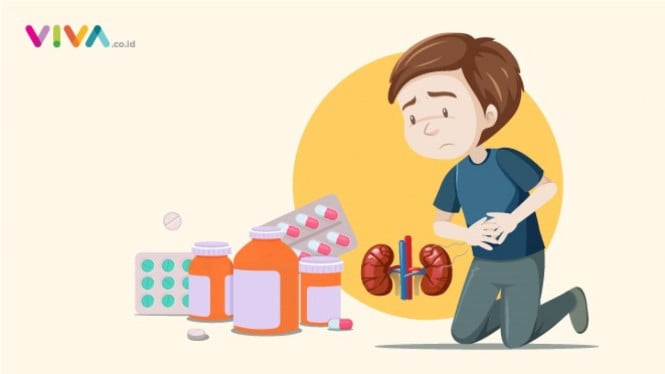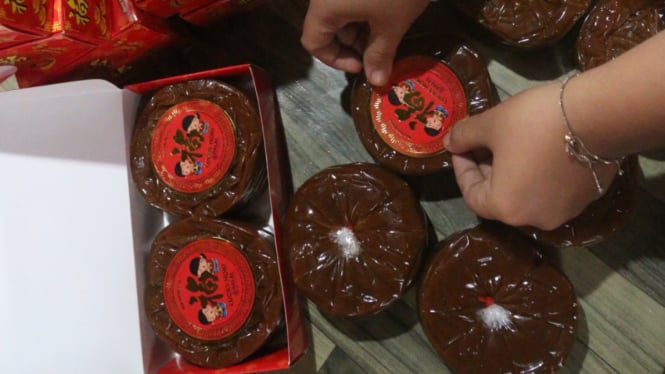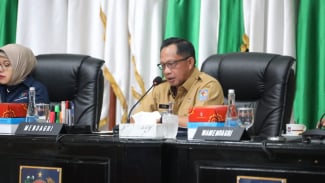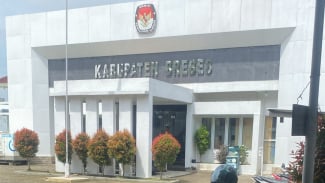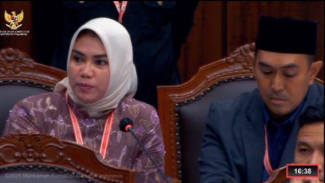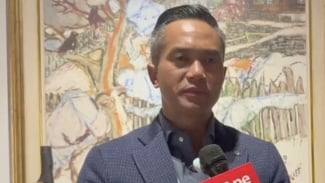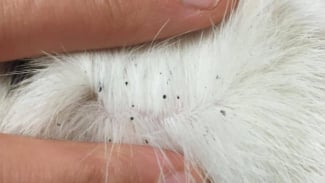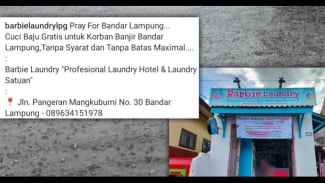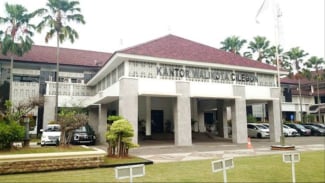BPOM Revokes License of Five Pharmaceutical Companies
- VIVA/ Endri Widada
VIVA – Cases of acute kidney failure in children began to appear in October 2022. This has become a special concern of the Food and Drug Administration (BPOM). BPOM considers these cases of acute kidney failure causing death in children due to weak control from pharmaceutical companies.
According to BPOM, pharmaceutical companies must carry out routine control of the products they sell. Therefore, BPOM revoked the production licenses of five pharmaceutical companies after making various observations and obtaining information from various parties.
"Yes, we did this after receiving information from various parties, especially from the Ministry of Health (Kemenkes) regarding many things, one of which is related to the drugs consumed by patients," BPOM Production Supervision Director, Togi Junice Hutaddjulu said in an FMB9 online discussion in Jakarta, Thursday, November 24, 2022.
Spokesperson of the Health Ministry
- Press Release
In the discussion themed "Development of Research Results on Drugs Containing EG and DEG in Cases of Acute Renal Failure", Togi said that his party not only revoked the company's license, but BPOM itself has also dragged these companies into the realm of law and so far, two companies have been detained.
"There are two companies that have been detained. Again, we took this process after going through stages including laboratory tests in our lab on the source of the drugs that caused acute kidney failure in children," Togi Junice remarked.
Togi said, legally these drug companies actually must produce quality drugs for patients, but in reality, it is not taken seriously.
"This is very clearly stated in several laws, both in the Consumer Protection Law, in the Indonesian Health Law, and even in the Job Creation Law, it is clear that the obligation of the pharmaceutical industry is to ensure that the drugs produced and then circulated are maintained," Togi stated.
Regarding the research on children's syrup that is allegedly problematic, Togi said that his party continues to move quickly to ensure the availability of quality medicines with several strategic steps, including verifying problematic products.
"So far, we are still researching whatever happens, especially on reports from the public. We will continue to conduct these tests. The public hopes that the medicine they need is available. That is what we are doing now by verifying problematic products," Togi explained.
Togi said that as of November 17, 2022, BPOM had examined as many as 126 syrup drugs resulting from independent testing verification of pharmaceutical companies that were safe as long as they were used according to the rules.
"We conducted research, sampling. There are 126 products with types of drugs. 100 products are still in the research process," Togi said.
As for drugs that do not meet standards but pass the production process, "at a certain time, for the main raw material, because of the pandemic, the supply decreased. This opportunity is used by suppliers because BPOM's authority does not reach there," Togi explained.
BPOM has released 126 syrups from the verification of independent testing by pharmaceutical companies that are safe as long as they are used according to the rules. In addition, BPOM also released 168 syrups based on BPOM registration data that do not use 4 glycol solvents, polyethylene glycol, sorbitol, and glycerin/glycerol.
